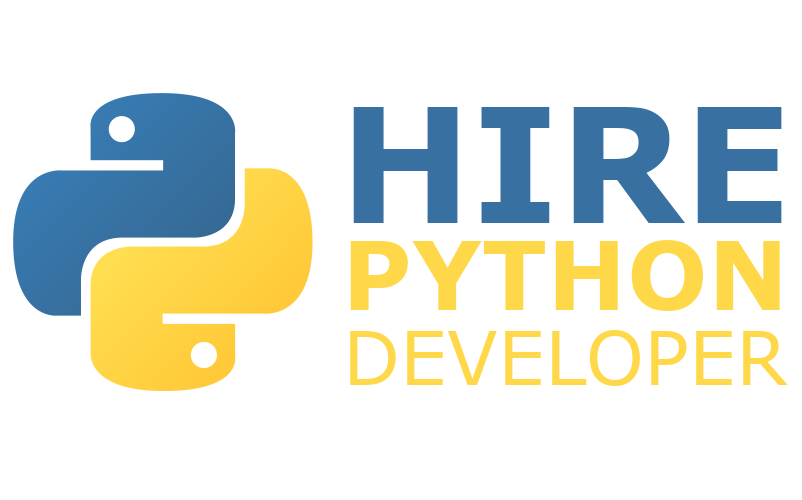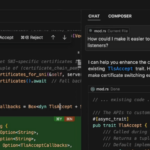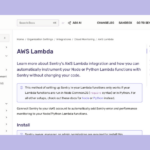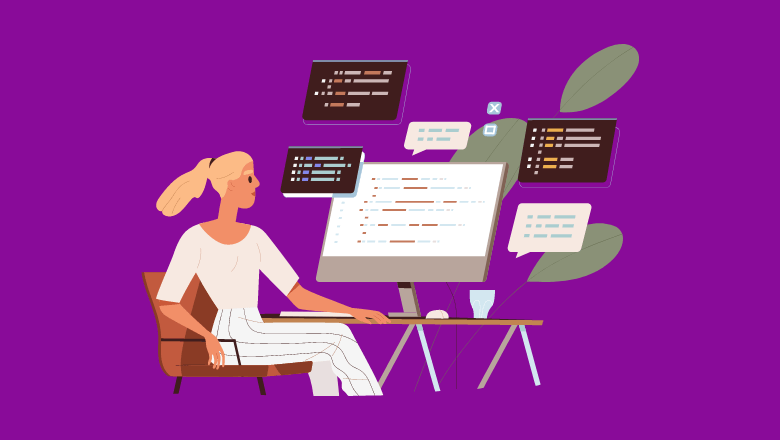
Hiring a Python programmer can be challenging at times.
You’re not alone if your company is looking to hire a Python programmer. Python is a popular programming language today. Its versatility and ease of use have made it a top choice for many companies.
Finding the right Python programmer for your team can be challenging with so many candidates on the market.
How to Hire a Python Programmer: Tips and Best Practices
Why Python is a Popular Language for Hiring
Python should be at the top of your list when hiring a programmer. Python is known for being easy to learn, making it an attractive option for employees with varying experience levels.
Additionally, Python is widely used across many industries, including web development, data science, and machine learning, so Python programmers are in high demand.
Python has a large and active developer community contributing to its growth. Programmers can find many resources in this community, including libraries, frameworks, and tools.
Python’s popularity also means that there are many online communities and forums where programmers can connect, share knowledge, and collaborate on projects.
The Benefits of Hiring a Python Programmer

Hiring a Python programmer can provide a range of benefits for your company. First and foremost, Python programmers are skilled at solving complex problems quickly and efficiently. Python is also an open-source language.
It has an active community of developers constantly working to improve the language and the libraries and frameworks built around it. This can save your company time and money on development costs.
In addition, Python is a versatile language that can be used for various tasks, including web development, data analysis, machine learning, and automation.
Hiring a Python programmer can give your company a wide range of skills and expertise that can be applied to different projects and tasks.
Furthermore, Python is known for its readability and ease of use, making it an excellent choice for teams with developers of varying skill levels.
Understanding the Role and Responsibilities of a Python Programmer
Before you start the hiring process, you must clearly understand the role and responsibilities of a Python programmer. Depending on your company’s needs, a Python programmer may be responsible for building web applications, developing machine learning algorithms, or working with big data.
They may also be responsible for maintaining and updating existing Python code.
In addition to these responsibilities, a Python programmer should also have a strong understanding of software development principles and be able to write clean, efficient, and maintainable code.
They should be familiar with version control systems like Git and have experience working in collaborative development environments.
Additionally, a Python programmer should be able to troubleshoot and debug code and have a strong understanding of data structures and algorithms.
Defining Your Python Programmer Job Description
Once you’ve determined the role and responsibilities of your Python programmer, it’s time to create a job description. Your job description should clearly define the skills and experience needed for the role and any specific qualifications or certifications required.
This will help you attract qualified candidates and ensure that you find the right fit for your team.
Where to Look for Python Programmers: Job Boards, Networking, and More
You can look for Python programmers in various places, including job boards, social media networks, and professional organizations. LinkedIn is a popular platform for posting job openings and connecting with potential candidates.
Attending industry events and meetups can also help you build relationships with other Python programmers and gain insights into the latest trends.
Evaluating Resumes and Portfolios: What to Look For when Hiring a Python Programmer
When reviewing resumes and portfolios, looking for relevant experience and skills is essential.
Look for candidates who have experience working with your company’s specific tools or technologies and those who have experience working with large datasets or building scalable applications.
Their portfolios should showcase their ability to build quality code and solve complex problems.
Interviewing Techniques for Hiring a Python Programmer
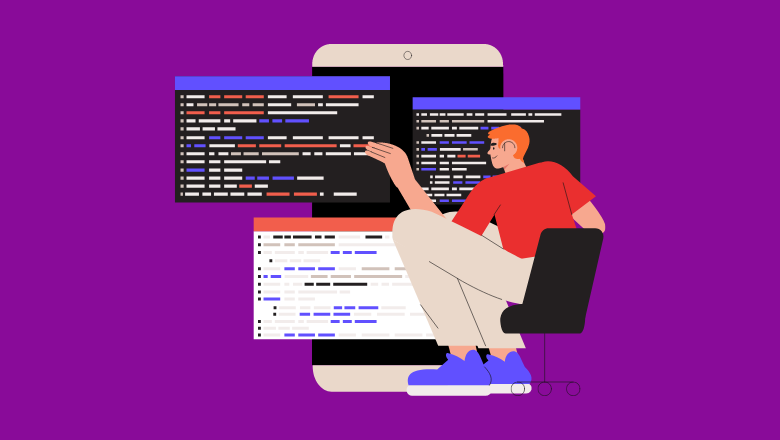
During the interview process, asking questions assessing a candidate’s technical proficiency and problem-solving ability is essential.
Ask about their experience working in a team environment or their communication and collaboration skills.
Ensuring the candidate fits the job’s technical requirements and your company culture and team dynamic is necessary.
Technical Skills and Experience to Look for When Hiring a Python Programmer
When evaluating a candidate’s technical skills and experience, it’s essential to look for experience with Python libraries and frameworks, as well as experience with web development, data analysis, and machine learning.
Additionally, candidates should have experience with database technologies such as SQL and NoSQL.
Soft Skills to Consider When Hiring a Python Programmer
Soft skills are just as essential as technical skills when hiring a Python programmer. Look for candidates who possess strong communication and collaboration skills, problem-solving abilities, and the ability to work independently.
It’s also essential to look for candidates passionate about learning and staying up-to-date with the latest technologies.
Assessing Culture Fit When Hiring a Python Programmer
Culture fit is crucial when hiring any employee, and the same is true for Python programmers. Look for candidates who share your company’s values and are passionate about your work.
It’s essential to make sure the candidate will integrate well with your existing team and be able to work collaboratively toward your company’s goals.
How to Evaluate Candidate Code During the Interview Process

During the interview process, it’s essential to evaluate a candidate’s coding abilities. Ask them to complete a coding challenge or provide code examples.
This will help you assess their technical proficiency and ability to solve complex problems.
Making an Offer: Negotiating Salary and Benefits for Your New Python Programmer
Once you’ve found the right candidate, it’s time to make an offer. When negotiating salary and benefits, it’s essential to consider the candidate’s experience, skills, and industry standards.
Be sure to communicate clearly with the candidate about the salary and benefits package and ensure it is competitive with other offers they may receive.
Onboarding Your New Python Programmer: Tips and Best Practices
When onboarding your new Python programmer, providing them with the resources and support they need to succeed is essential.
This may include training on your company’s tools and technologies and mentoring and guidance from more senior team members. Be sure to communicate your expectations clearly and set goals for their first few weeks on the job.
Managing and Retaining Your Python Programmers: Strategies for Success
Once you’ve hired your Python programmer, retaining them is essential. Providing a competitive compensation package and opportunities for growth and development can help.
Additionally, creating a positive work culture and team environment can encourage your Python programmers to stay with your company for the long term.
Lydia is a seasoned technical author, well-versed in the intricacies of software development and a dedicated practitioner of Python. With a career spanning 16 years, Lydia has made significant contributions as a programmer and scrum master at renowned companies such as Thompsons, Deloit, and The GAP, where they have been instrumental in delivering successful projects.
A proud alumnus of Duke University, Lydia pursued a degree in Computer Science, solidifying their academic foundation. At Duke, they gained a comprehensive understanding of computer systems, algorithms, and programming languages, which paved the way for their career in the ever-evolving field of software development.
As a technical author, Lydia remains committed to fostering knowledge sharing and promoting the growth of the computer science community. Their dedication to Python development, coupled with their expertise as a programmer and scrum master, positions them as a trusted source of guidance and insight. Through their publications and engagements, Lydia continues to inspire and empower fellow technologists, leaving an indelible mark on the world of scientific computer science.
